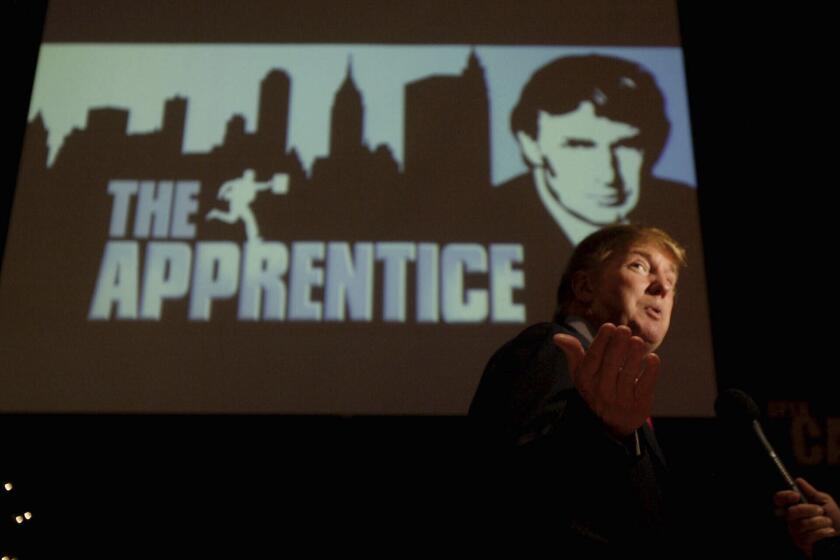Letters to the Editor: Why do some Supreme Court justices have a driving need for lavish gifts?

To the editor: Something I just don’t get is why politicians — from L.A. City Council members to Supreme Court justices such as Clarence Thomas and Samuel A. Alito Jr. — seem to have a driving need for gifts.
When ethics groups lobby for tighter restrictions or even rules, there is always pushback. If you want the job, just don’t accept any gifts other than from immediate family members. What is so tough about that? When you leave office you can be showered with gifts and honoraria.
Both Thomas and Alito say they asked around regarding taking lavish gifts from businessmen. These are the people who are supposed to be the final legal arbiters in the nation, and they can’t figure out for themselves what at the very least has the appearance of a conflict of interest.
William Elmelund, West Hollywood
..
To the editor: Similar to Thomas, Alito has rationalized the unreported acceptance of hundreds of thousands in “gifts” and favors as being mere accommodations and leisure activities with friends. His private jet travel was justified as filling an otherwise empty seat, as if anyone (me?) could have just asked for a lift.
The truth of Alito’s and Thomas’ apparent conflict of interest is easily determined. The Internal Revenue Service is crystal clear: The use of corporate aircraft or accommodations for personal recreation or leisure must be paid for by the executives authorizing or utilizing said resources.
As a veteran of numerous corporate entities with company aircraft, I learned this the hard way when the company presented me a bill for hitching a ride on a jet.
If you want to know the truth of this, demand to know how the justices’ patrons treated the expenses. Did they pay for everything personally, or were the expenses charged to their companies?
If charged off, deducted or reimbursed, then they are unambiguously for a business purpose — the purpose of influencing the Supreme Court.
Thomas B. McGrath, Los Angeles
..
To the editor: Supreme Court justices demand the benefit of the doubt in their own compliance with ethics laws and rules — which is curious on its face with a conservative majority that professes belief in the strict interpretation of the law.
But when it comes to criminal justice litigants who come before the court, they’re incredulous that mistakes are made in lower courts, and they’re indifferent to the adverse effects of those mistakes, even if a failure to correct a mistake lead to incarcerating a factually innocent person.
Their self-righteous hypocrisy is contemptible. From the comfort of their lifetime appointments, they set a low bar for themselves, but for those they judge, they require exactitude.
Todd Piccus, Venice







